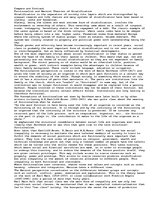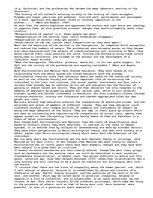-
Compare and Contrast Functionalist and Marxist Theories of Stratification
Level:
Secondary school
Literature:
n/a
References:
Not used
Send to email
Your name:
Enter an email address where the link will be sent:
Hi!
{Your name} suggests you to check out this eKönyvtár paper on „Compare and Contrast Functionalist and Marxist Theories of Stratification”.
Link to paper:
https://eng.ekonyvtar.eu/w/605773
Link to paper:
https://eng.ekonyvtar.eu/w/605773
Email has been sent



